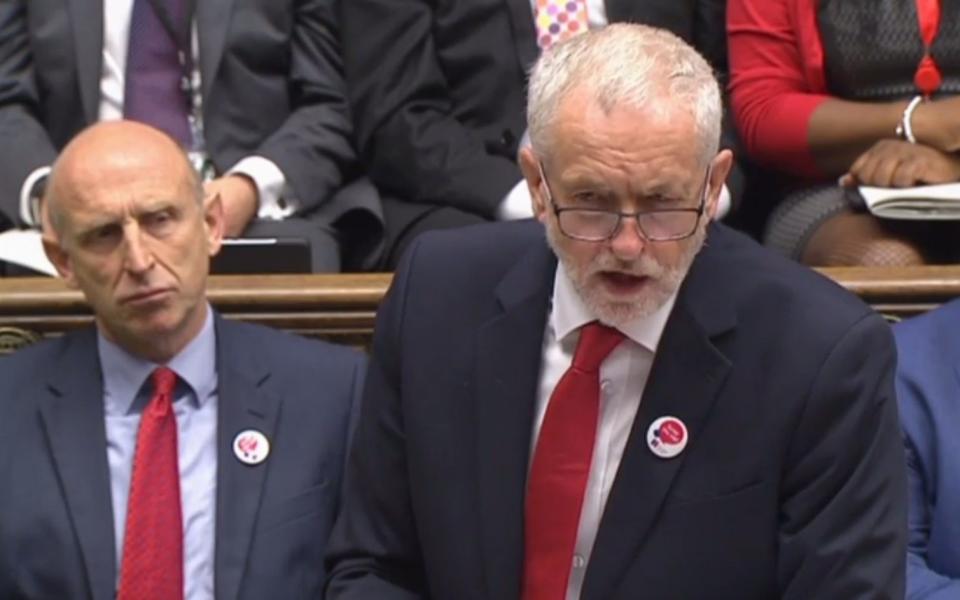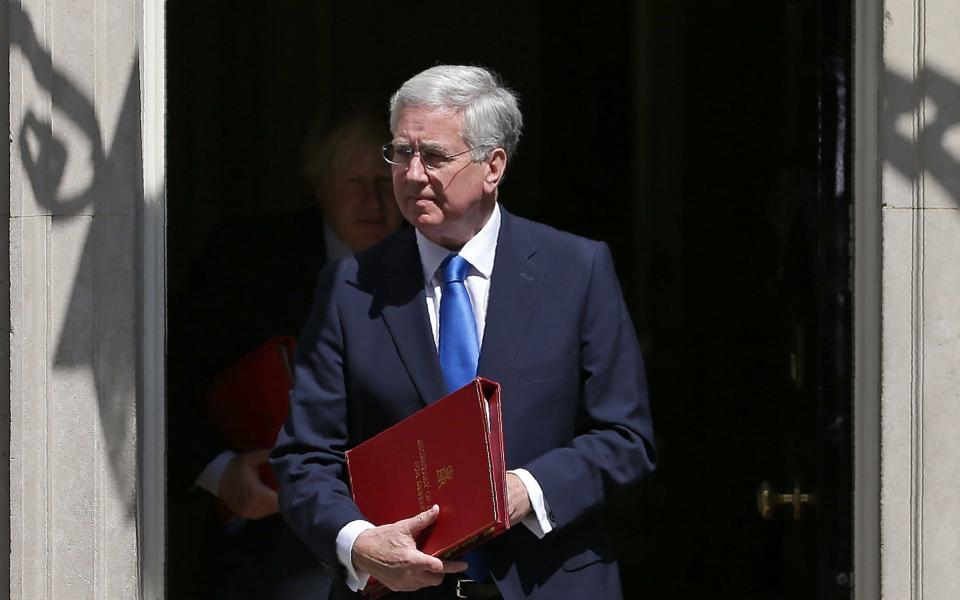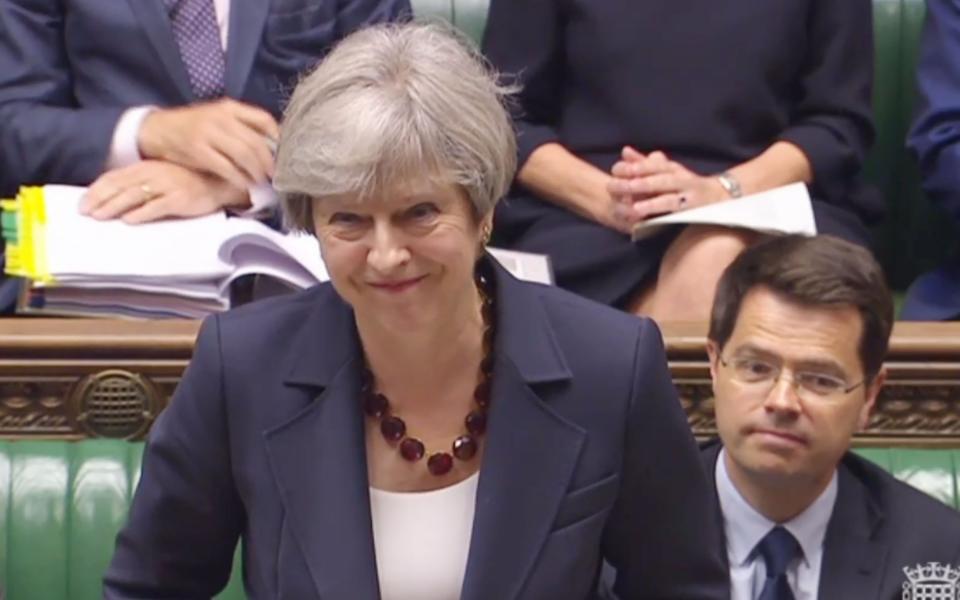Tory austerity policy in chaos as Number 10 does 'U-turn on a U-turn' over public sector pay cap

The Government’s austerity policy descended into chaos today as Downing Street suggested it was ready to abandon a 1 per cent cap on public sector pay rises, only to insist hours later that the cap remained in place.
The “U-turn on a U-turn” was blamed on the ongoing “war” between Theresa May and Philip Hammond, after the Treasury reportedly demanded a retraction of the announcement. It led to speculation that the Chancellor had been intending to claim credit for the policy change at his next budget.
Three Cabinet ministers appeared to have been briefed that the pay cap was coming to an end as they openly talked about the need to consider lifting it, and Sir Oliver Letwin, the influential backbench MP, even went into detail about how taxes would have to be increased to fund it.
Number 10 then backed up their comments in a lunchtime briefing by saying it was ready to “listen” to voters who had made it clear they were “weary” of the spending squeeze. A spokesman added that ministers were “working through” the recommendations of independent pay review bodies and that a decision would be taken at a future budget.

But just three hours later Downing Street was desperately trying to put the genie back in the bottle by saying that “the policy has not changed”. The Treasury then confirmed that Government policy was for the pay cap - imposed by George Osborne in 2012 - to remain until 2020.
John McDonnell, the shadow chancellor, described the confusion as a “shambles”, adding: “This war between Number 10 and the Treasury isn’t sustainable.”
Tim Farron, the outgoing Liberal Democrat leader, said: “The Tories are in utter chaos. They have U-turned on their own U-turn within the space of a few hours.”
Sir Oliver Letwin, one of the architects of austerity as David Cameron’s minister for policy, set the ball rolling by saying on Radio 4’s Today programme that taxes should go up to pay for more spending on “crucial” public services.

He said: “It may well be, in one way or another, a large number of people will have to pay a little more tax if we are going to maintain the trend towards reduced deficits and yet spend a little more on the crucial public services that do need more spent on them.
“Those of us who are lucky enough to have higher incomes will have to bear more one way or another the costs of any increase in public service expenditure.”
Chris Grayling, the Transport Secretary, echoed his comments by saying that “in the wake of the general election we are going to have to think through what we do come the next budget”.
Sir Michael Fallon, the Defence Secretary, said pay rises were “something we have to consider, not just for the Army but right across the public sector”, and Jeremy Hunt, the Health Secretary, said he would pass on nurses’ unhappiness over the cap to the Chancellor.

Downing Street then followed up in a regular press briefing by saying: “Ministers including the Prime Minister and the Chancellor have been clear that we’re going to listen to messages that were sent at the election, we understand that people are weary after years of hard work to rebuild the economy.
“There are recommendations from the independent public sector review bodies which we are looking at and decisions will be taken at a fiscal event.”
The announcement appeared to be designed to take the sting out of a Labour-proposed amendment to the Queen’s Speech demanding an end to the 1 per cent cap on pay rises.

Although the amendment did not pass, the Tory message on the end of the pay cap would have prevented Labour from repeatedly reminding voters that the Government had voted against increasing public sector pay.
It also came two days after the Conservatives signed a deal with the DUP, which is in favour of putting the brakes on austerity.
Every extra 1 per cent rise in public sector pay would cost the public purse £1.8 billion, which the Tories would have to raise through taxes or efficiency savings, as they are committed to “balancing the books”, ruling out extra borrowing.
Conservatives last night made it clear that they still expect the pay cap to be lifted in the autumn budget. Johnny Mercer MP said: “There is a right time to lift the cap. It’s close.”

 Yahoo News
Yahoo News 
